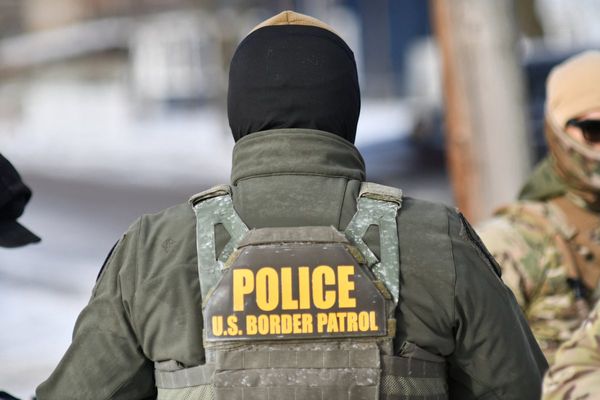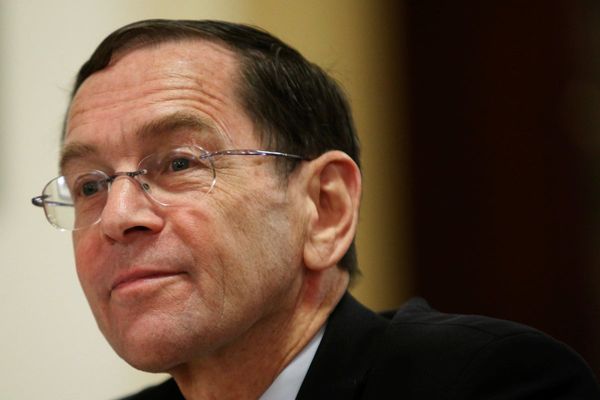
The European Union has launched a formal review of its trade agreement with Israel over rights abuses linked to the war in Gaza and the blockade on humanitarian aid.
The move, announced on Tuesday, marks the most serious warning yet from Brussels. EU foreign ministers said Israel may have breached the terms of its cooperation deal by restricting aid and intensifying its military campaign.
“It is clear from today’s discussions that there is a strong majority in favour of a review of Article 2 of our Association Agreement with Israel,” EU foreign policy chief Kaja Kallas told reporters in Brussels.
Seventeen of the EU’s 27 member states backed the decision. Article 2 commits both sides to respect human rights and democratic principles.
Kallas said the situation in Gaza was “untenable” and urged Israel to allow the immediate and large-scale delivery of humanitarian supplies.
“What we want is to unblock the humanitarian aid,” she said.
Meanwhile, Britain announced tougher measures against Israel, suspending free-trade negotiations, summoning the Israeli ambassador, and imposing sanctions on settlers in the occupied West Bank.
“Blocking aid, expanding the war, dismissing the concerns of your friends and partners. This is indefensible and it must stop,” British Foreign Secretary David Lammy said in parliament.
Gaza’s ancient past revealed as artefacts survive destruction and exile
Aid still restricted
After a total blockade lasting more than two months, a limited number of aid trucks began entering Gaza this week. Israel’s defence ministry body COGAT on Tuesday said 93 UN trucks carrying flour, baby food and medical supplies were allowed in.
But UN officials said deliveries remained difficult.
“One of our teams waited several hours for the Israeli green light to... collect the nutrition supplies. Unfortunately, they were not able to bring those supplies into our warehouse,” said Stephane Dujarric, spokesman for UN Secretary-General Antonio Guterres.
UN humanitarian chief Tom Fletcher said the nine trucks cleared on Monday were “a drop in the ocean of what is urgently needed”. He told the BBC that 14,000 babies could die in the next 48 hours if aid did not reach them in time.
Spain, Ireland, the Netherlands and France have called for stronger action. Spanish Foreign Minister Jose Manuel Albares urged the EU to impose sanctions, and Sweden said it would press for measures targeting individual Israeli ministers.
“Since we do not see a clear improvement for the civilians in Gaza, we need to raise the tone further,” said Swedish Foreign Minister Maria Malmer Stenergard.
However Germany, Austria, Hungary and the Czech Republic have defended Israel’s right to self-defence and resisted punitive steps.
France 'determined' to recognise Palestinian state
Israel rejects pressure
Israel dismissed the EU’s announcement, defending its actions in Gaza as necessary for national security and accusing Brussels of failing grasp to the situation on the ground.
“We completely reject the direction taken in the statement, which reflects a total misunderstanding of the complex reality Israel is facing,” foreign ministry spokesman Oren Marmorstein said in a post on X.
Responding to Britain, Marmorstein said “external pressure will not divert Israel from its path in defending its existence and security”.
Gaza’s health ministry said at least 3,427 people have been killed since Israel resumed its offensive on 18 March, bringing the total death toll to 53,573.
The war began on 7 October 2023 when Hamas attacked Israel, killing 1,218 people and taking 251 hostages. Israel says 57 hostages remain in Gaza, including 34 it believes are dead.







